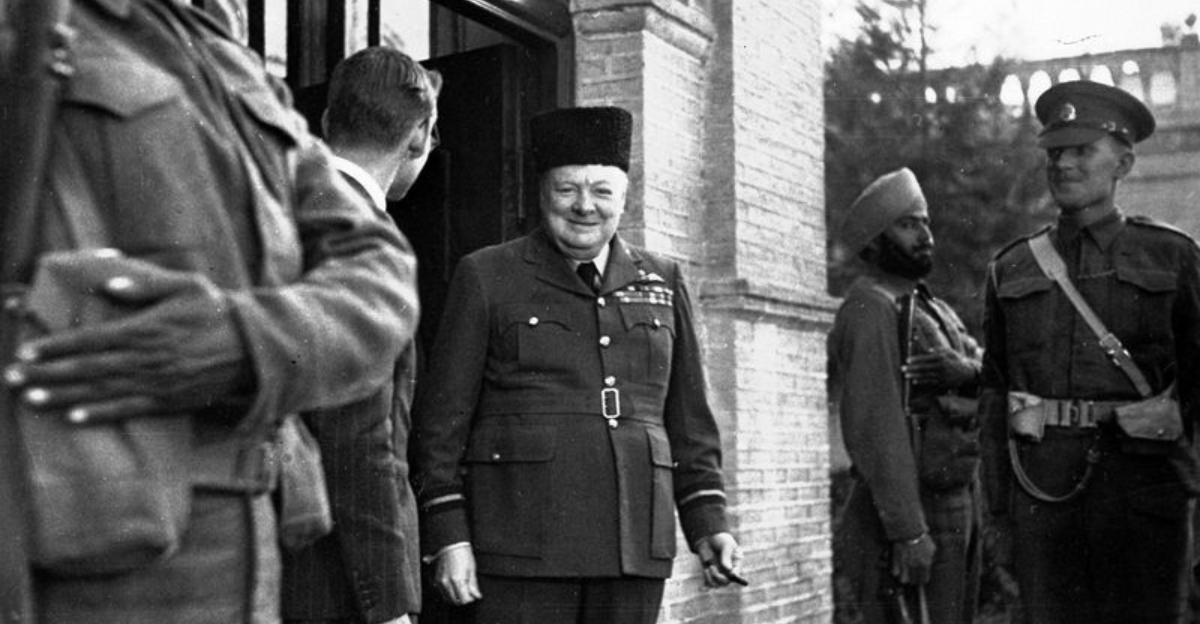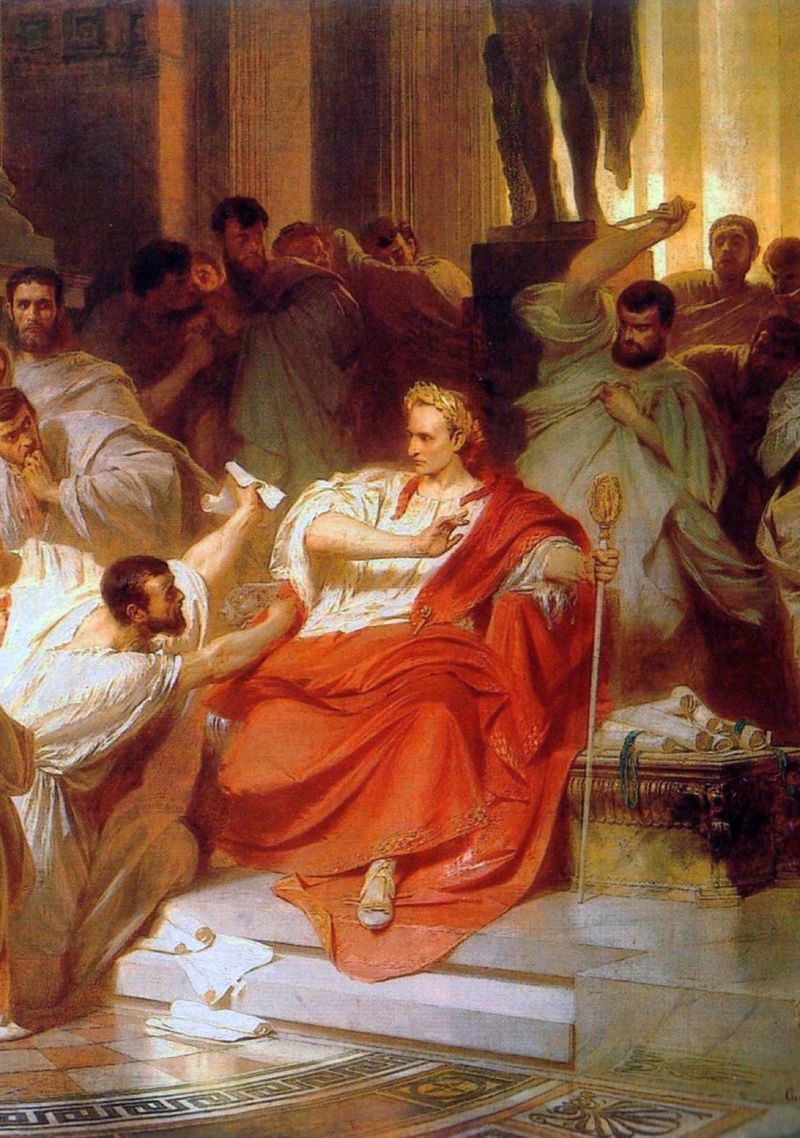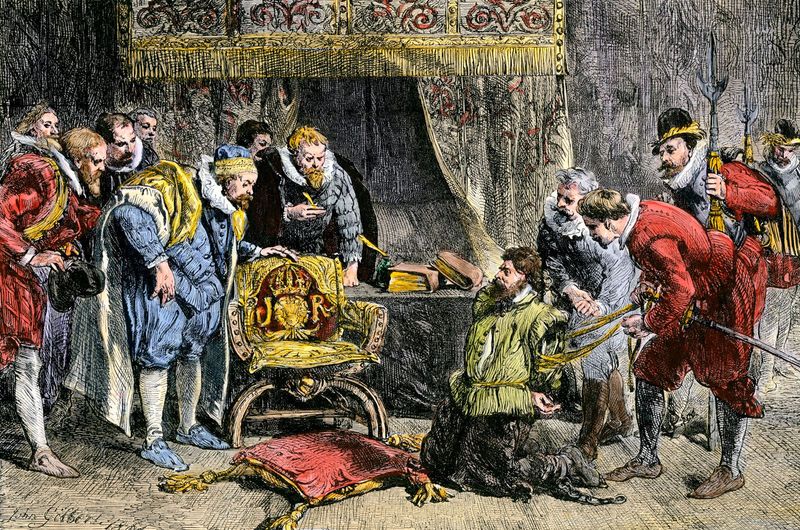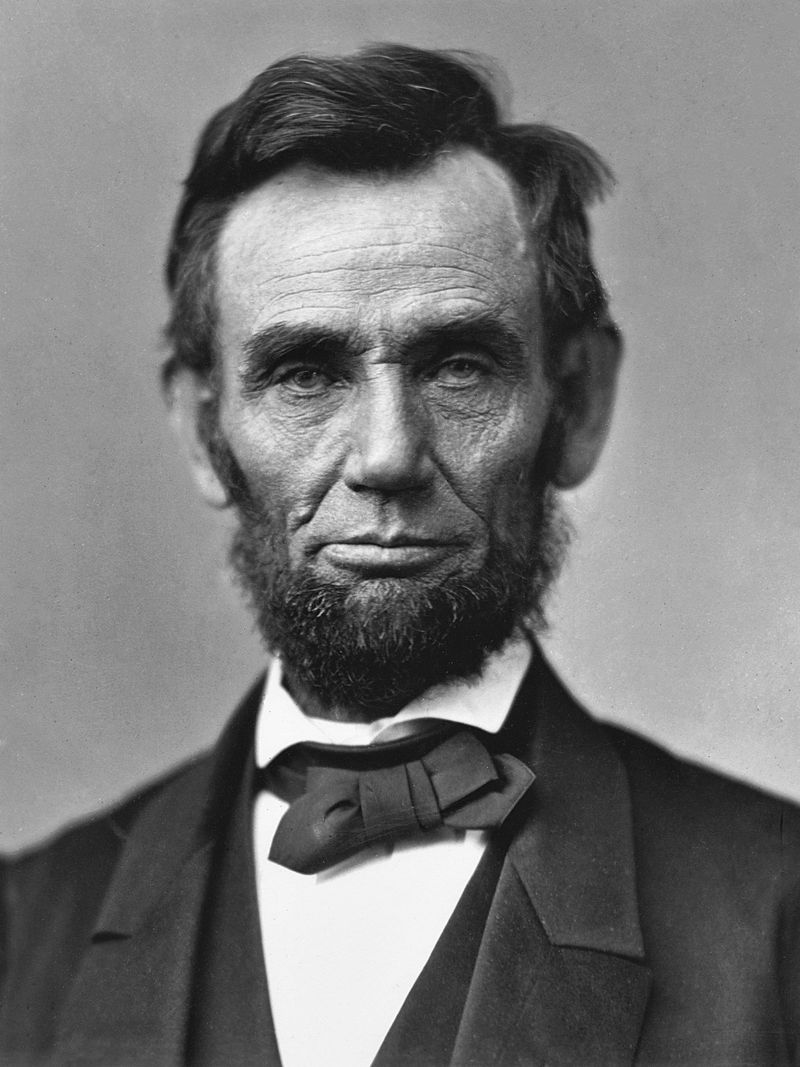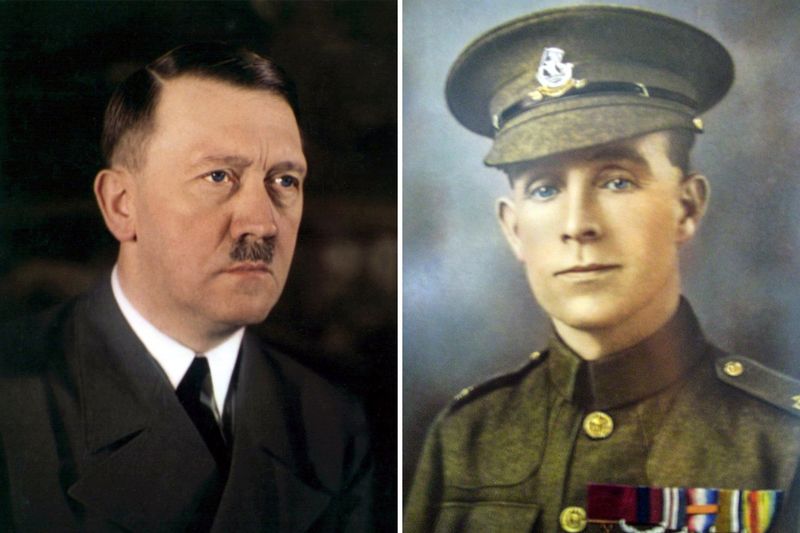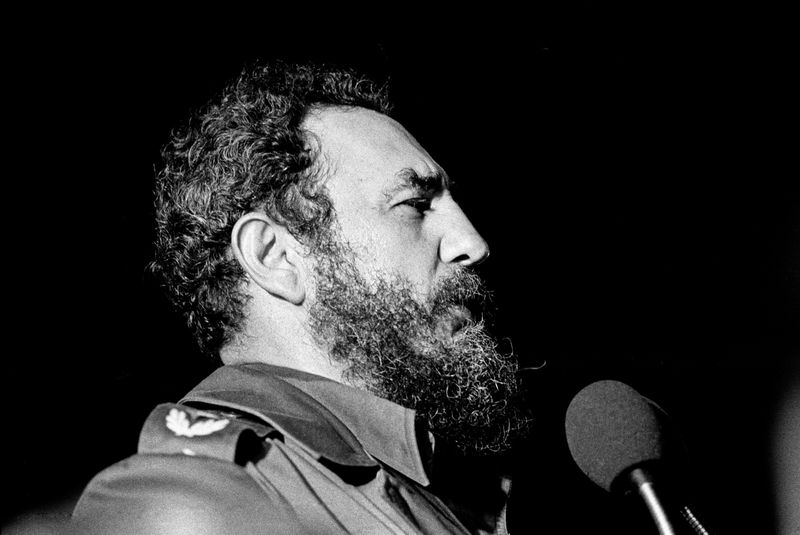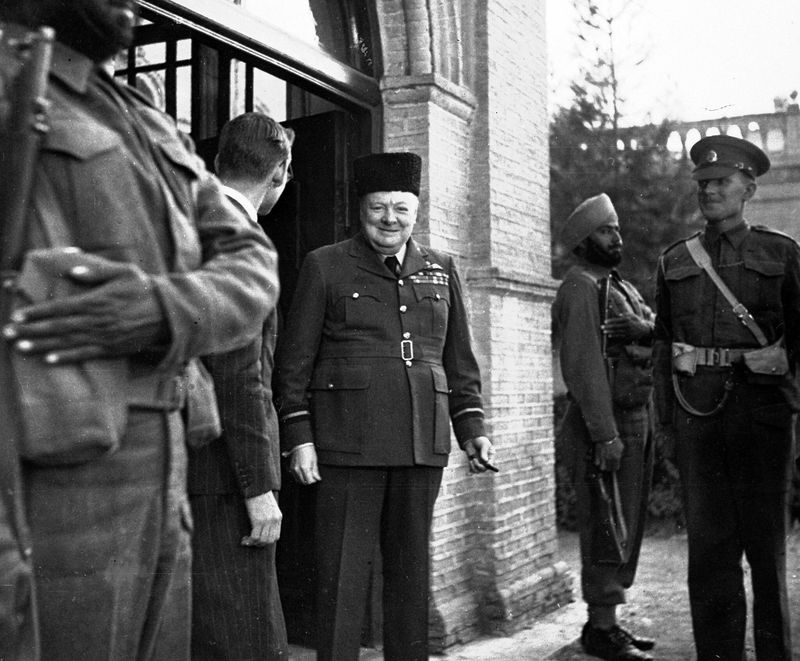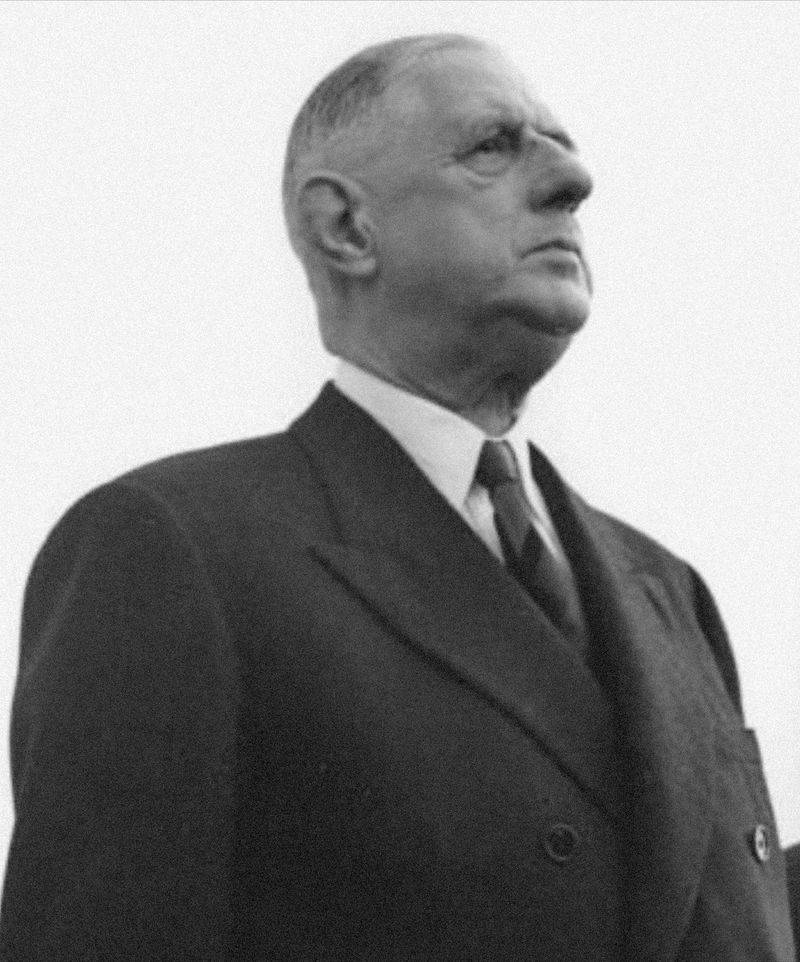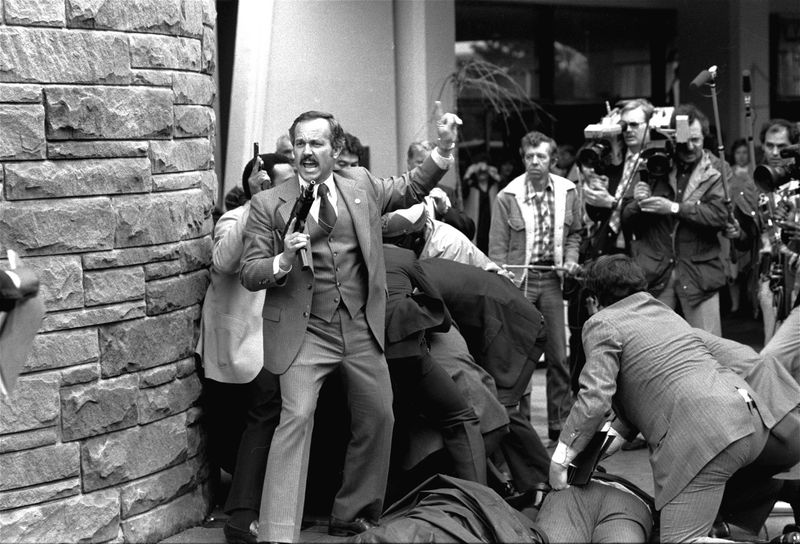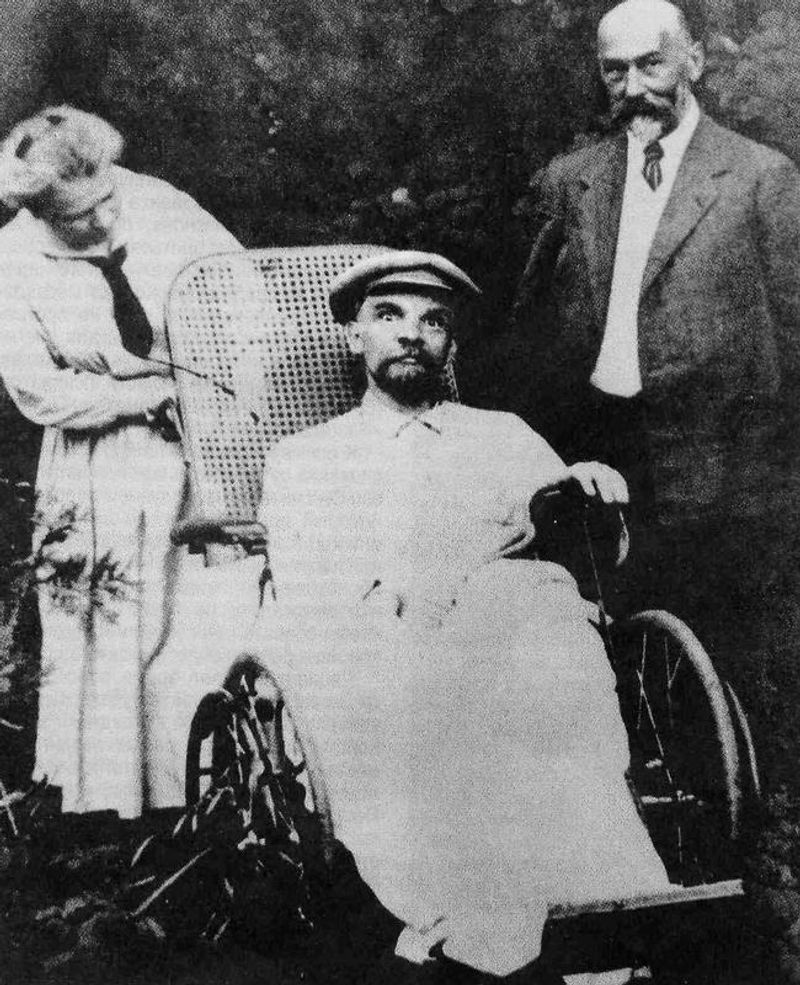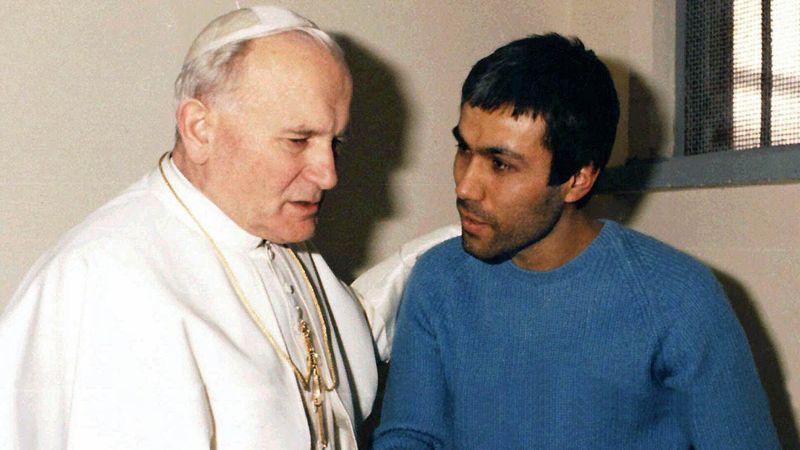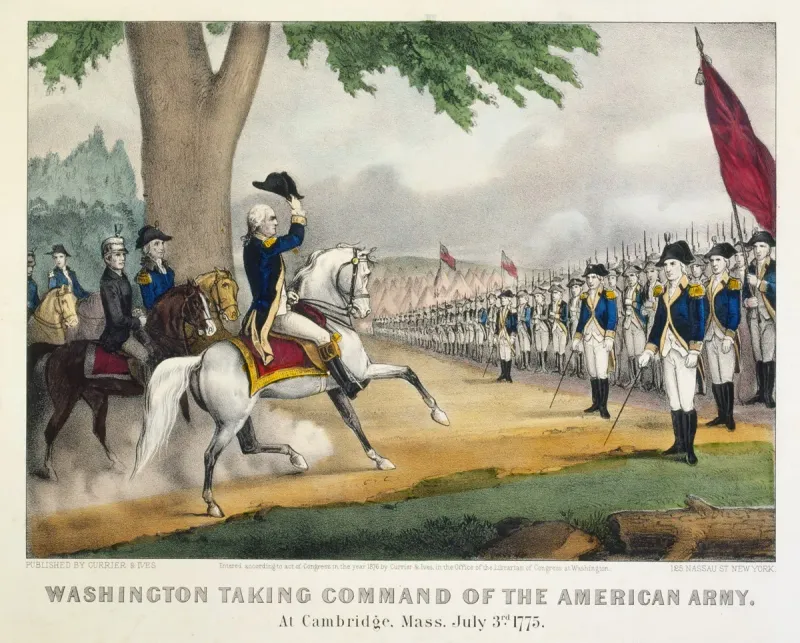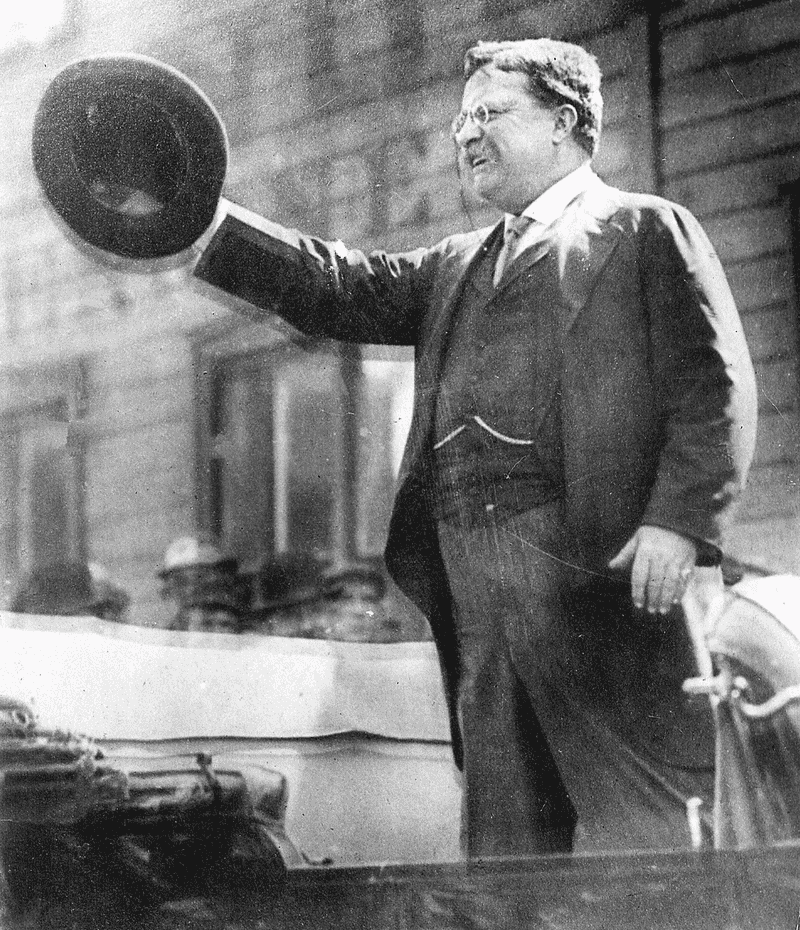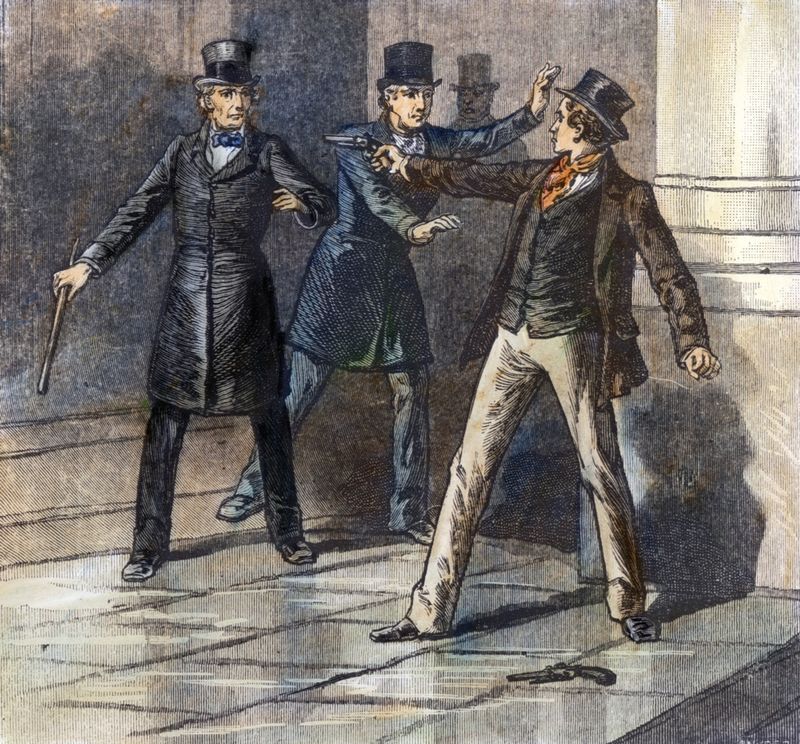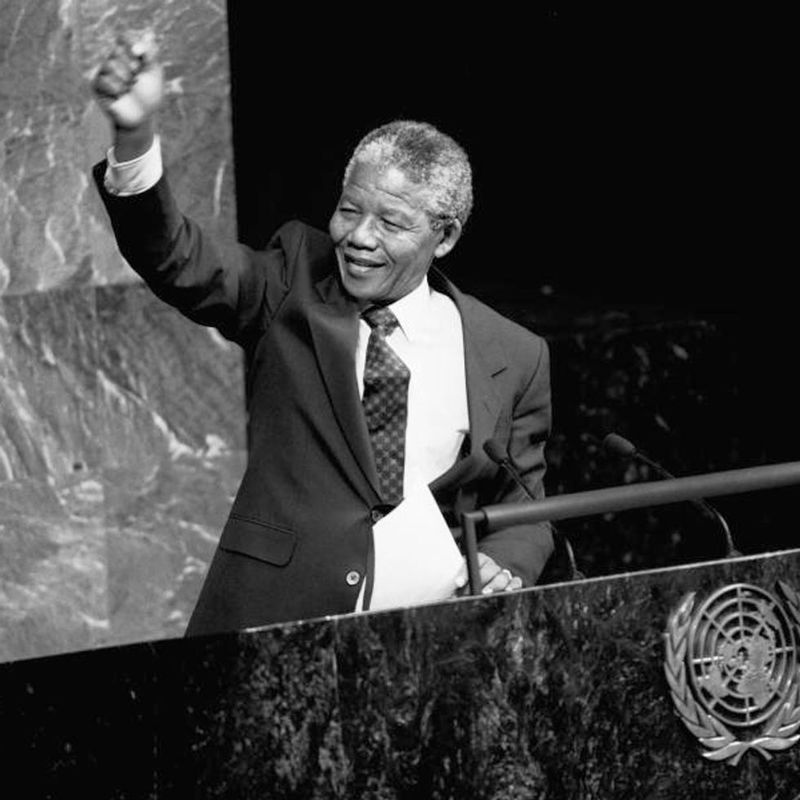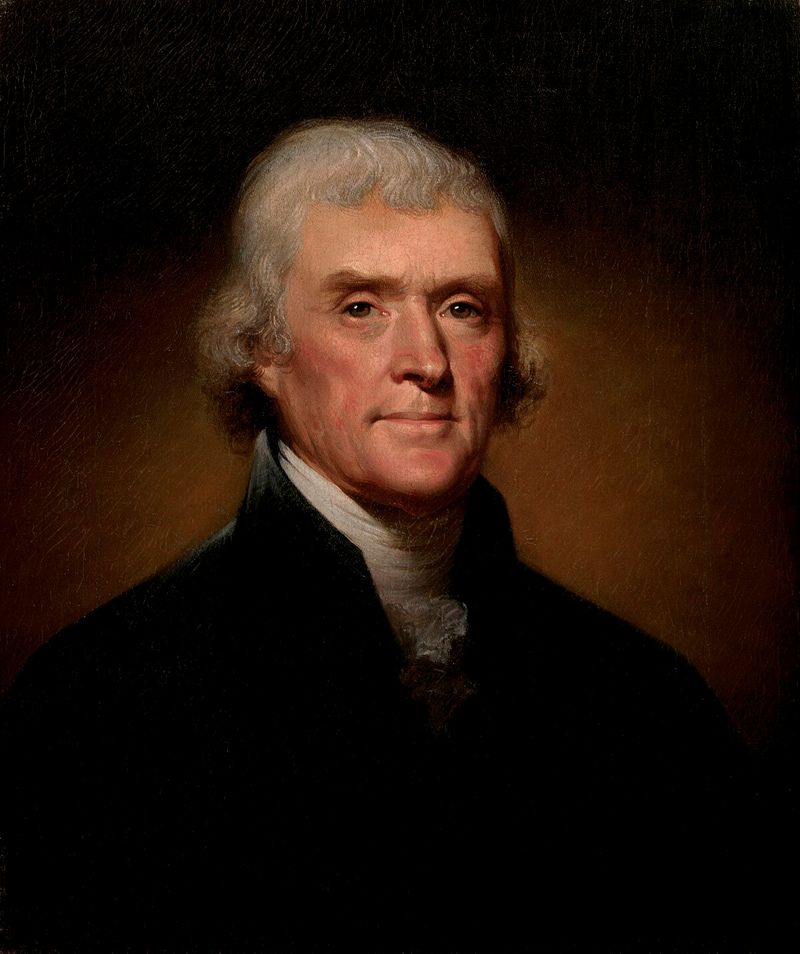Throughout history, assassination attempts have shaped the course of nations. These high-stakes events, often driven by political or ideological motives, had the potential to dramatically alter world history if they had succeeded. Here are 15 assassination attempts that almost changed the world.
1. Julius Caesar’s First Brush with Death (75 BCE)
Captured and held for ransom, Caesar boldly suggested they demand more for his life. His audacious spirit led him to later hunt down and crucify his captors.
What if the pirates had silenced him forever? Rome might have evaded the ensuing civil wars, forever altering the empire’s trajectory.
2. The Gunpowder Plot (1605) – Almost Killed King James I
A dark cellar beneath the English Parliament, stacked with gunpowder and tension. Guy Fawkes stood guard, ready to ignite a rebellion. His capture thwarted a plot that could have decapitated England’s leadership.
Had the plot succeeded, a Catholic uprising might have engulfed England, plunging the nation into chaos and civil war.
3. Abraham Lincoln’s Near-Death in 1861
President-elect Lincoln, on a covert journey to his inauguration, narrowly escaped death. A Baltimore conspiracy aimed to kill him, but detective Allan Pinkerton’s intervention saved the day.
Had Lincoln perished, the looming Civil War might have unfolded very differently, potentially altering the fate of the Union and the abolition of slavery.
4. The Man Who Almost Killed Hitler (1939)
Georg Elser’s meticulous plan to eliminate Adolf Hitler almost changed the world. A bomb planted in a Munich beer hall missed its mark by mere minutes, as Hitler left unexpectedly early.
Elser’s daring attempt, had it succeeded, could have curtailed WWII before it fully erupted, potentially saving millions of lives.
5. Fidel Castro’s 638 Near-Death Experiences
With an almost mythical survival record, Fidel Castro evaded death in countless bizarre plots. The CIA’s creativity knew no bounds—exploding cigars, poisoned milkshakes, and more.
Had any of these attempts succeeded, Cuba’s political landscape and U.S.-Cuban relations could have taken drastically different turns.
6. The Plot to Kill Winston Churchill (1943)
During WWII, Nazi espionage reached the shores of Havana, aiming to eliminate Britain’s stalwart leader, Winston Churchill. Spy Heinz Luning’s mission failed, but the implications were grave.
Without Churchill’s resolute leadership, Britain might have sought peace with Hitler, changing the course of the war and Europe’s future.
7. The Attempt on Charles de Gaulle (1962)
A hail of bullets in Paris almost claimed French President Charles de Gaulle’s life. In a dramatic ambush, over 100 shots were fired, yet he emerged unscathed.
His survival during the Algerian crisis was pivotal, as his death could have plunged France into turmoil and potentially a civil war.
8. Ronald Reagan’s Close Call (1981)
A ricocheting bullet nearly ended Ronald Reagan’s presidency just months after it began. John Hinckley Jr.’s attempt was thwarted by sheer luck.
Reagan’s death could have shifted Cold War dynamics, with Vice President George H.W. Bush potentially ushering in a different era of U.S. policy.
9. The Poisoning of Vladimir Lenin (1918)
A shooting in 1918 left Lenin with injuries that would haunt him. Fanya Kaplan’s attempt on his life did not succeed, but it weakened him.
Had Lenin died then, the Soviet Union might have been shaped by different hands, potentially altering its trajectory and Stalin’s rise to power.
10. The Failed Killing of Pope John Paul II (1981)
In 1981, Mehmet Ali Ağca aimed to change the Catholic Church’s course by assassinating Pope John Paul II. As the Pope entered St. Peter’s Square, Ağca fired four times, severely wounding him. The event shocked the world, highlighting vulnerabilities even in seemingly secure environments.
With quick medical response and divine intervention, the Pope survived. His forgiveness of Ağca showcased his profound commitment to peace.
This brush with death reinforced the Pope’s mission, further endearing him to millions worldwide. His survival arguably strengthened the Church’s influence during a turbulent period.
11. The Plot to Assassinate George Washington (1776)
In 1776, a plot threatened to turn the tide of the American Revolution. Conspirators, including members of Washington’s Life Guards, planned to remove him permanently. This betrayal reached Washington just in time, averting disaster.
Had the plot succeeded, the fight for independence might have crumbled, altering the fate of America. Washington’s leadership was pivotal in rallying the fledgling nation.
The exposure of the conspiracy fortified Washington’s resolve and united his forces. It served as a stark reminder of the internal and external threats facing the burgeoning United States.
12. The Near-Death of Theodore Roosevelt (1912)
In 1912, Theodore Roosevelt faced a near-fatal encounter while campaigning in Milwaukee. A bullet intended to end his life was absorbed by a thick manuscript in his pocket, sparing him by inches.
Despite the injury, Roosevelt’s indomitable spirit saw him continue his speech, captivating audiences with his rugged determination. His willingness to stand strong in adversity endeared him further to the public.
This incident highlighted Roosevelt’s resilience and charismatic leadership. His survival ensured his lasting impact on American politics and Progressive ideals.
13. The Attempt on Andrew Jackson (1835)
Andrew Jackson’s life hung in the balance in 1835 when Richard Lawrence attempted to shoot him. Miraculously, both of Lawrence’s pistols misfired, sparing Jackson from what seemed like certain death.
This shocking incident underscored Jackson’s contentious presidency and his polarizing impact on American politics. His survival was seen by some as a sign of his strong will and destiny.
Jackson’s aggressive response to the attempt exemplified his fiery temperament and unyielding nature. His continued presidency influenced the formation of modern political dynamics.
14. The Almost-Assassination of Nelson Mandela (1962)
Nelson Mandela narrowly escaped assassination in 1962 during South Africa’s tense apartheid era. Authorities aimed to eliminate him, fearing his influence in the anti-apartheid movement.
This close call occurred just before his arrest and subsequent imprisonment, which only fueled his legendary status. Mandela’s survival allowed him to eventually lead South Africa to freedom.
The attempt highlighted the extreme measures taken to uphold apartheid, and Mandela’s enduring legacy of resilience and leadership. His journey from prisoner to president remains a beacon of hope worldwide.
15. The Plot to Kill Thomas Jefferson (1800)
In 1800, Thomas Jefferson faced a clandestine threat as he aimed to shape America’s future. Political adversaries sought to eliminate him to thwart his progressive vision.
This plot emerged from the fierce political rivalry of the era, highlighting the growing pains of a young democracy. Jefferson’s survival ensured the continuation of his influential policies that helped define the nation.
The failed attempt underscored the volatile political climate and the lengths to which rivals would go. Jefferson’s resilience in adversity helped solidify his legacy as a founding father.
